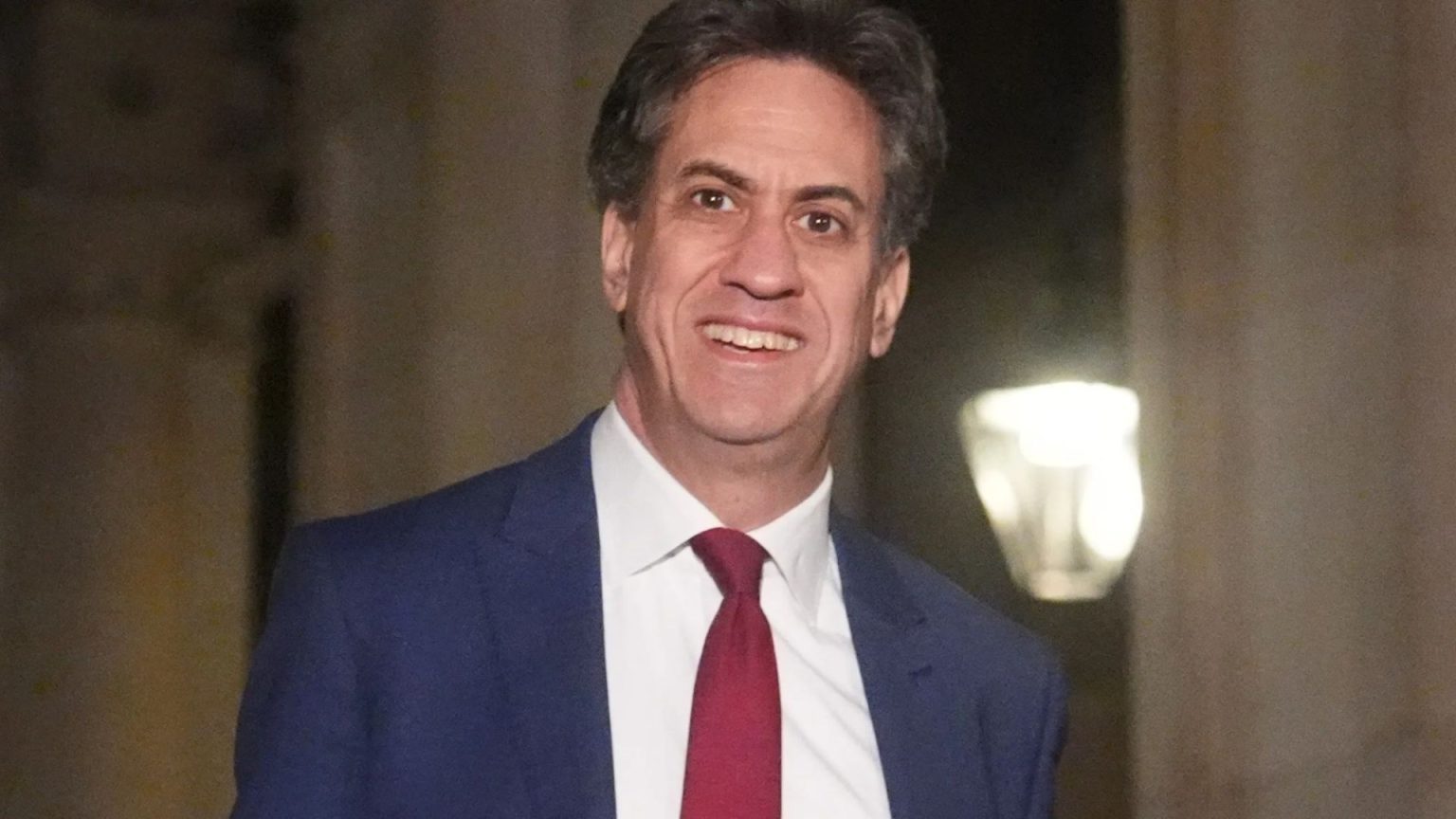The impending return of Donald Trump to the White House presents a significant challenge for UK Prime Minister Keir Starmer, particularly given the increasingly strained relationship between the two and the public criticism from Trump and his close associate, Elon Musk. Trump’s disapproval of the UK’s energy policies, specifically the abandonment of North Sea oil and gas exploration and the windfall tax on energy companies, echoes a broader concern about the economic impact of the UK’s pursuit of Net Zero emissions. While some of Musk’s criticisms may be ill-informed, the combined influence of these two powerful figures cannot be ignored, especially considering the “special relationship” between the US and the UK and the potential for a lucrative trade deal. The public nature of these attacks, with a sitting US President essentially campaigning against the UK government, puts Starmer in a difficult position, jeopardizing diplomatic relations and potentially influencing public opinion within the UK. Starmer faces the complex task of repairing this rift while simultaneously navigating domestic pressures and maintaining a semblance of stability in the UK-US relationship.
A key point of contention lies in the UK’s energy policy, with Trump and Musk criticizing the decisions made under Energy Secretary Ed Miliband. Trump views the shift away from fossil fuels as a self-inflicted wound, contrasting it with the US’s embrace of cheaper energy sources like fracking, which he credits for fueling American economic growth. This difference in approach highlights a fundamental disagreement on energy security and economic priorities, with the UK prioritizing environmental concerns while the US emphasizes economic growth fueled by readily available energy resources. Miliband’s “Net Zero obsession,” as critics label it, is seen as a path to economic ruin, further exacerbating the tension between the two countries. The public nature of this disagreement, with a foreign leader openly criticizing a cabinet minister, underscores the delicate diplomatic situation and the challenge Starmer faces in balancing international relations with domestic policy.
Adding fuel to the fire is Ed Miliband’s association with Extinction Rebellion, a group known for its disruptive and often illegal protests. Miliband’s previous description of their actions as “exciting” has further alienated those who see the group as extremist and detrimental to the functioning of society. This association, coupled with the perceived economic risks of the Net Zero policies, paints Miliband as a liability for the Starmer government, both economically and politically. Trump’s criticism of Miliband, and by extension Starmer’s judgment in appointing him, adds an extra layer of complexity to the already strained relationship. Starmer must navigate these criticisms while defending his government’s policy choices, a balancing act that will require careful diplomacy and strategic communication.
The situation is further complicated by the involvement of Elon Musk, the world’s richest man and a highly influential figure with a massive social media following. While some of Musk’s criticisms of the UK government may be justified, his public pronouncements carry significant weight and can easily escalate tensions. The UK government’s response, particularly from less prominent ministers like Andrew Gwynne, has been seen as ineffective and even counterproductive, further highlighting the disparity in influence and reach between Musk and the UK government. Starmer faces the challenge of managing this complex dynamic, ensuring that his government’s responses to criticism are measured and effective, while avoiding escalating the conflict with these powerful figures.
Beyond the international tensions, Starmer also faces domestic challenges, particularly regarding public spending. The Labour party’s pledge to scrutinize every pound of taxpayer money is being tested by revelations of extravagant spending within government departments, such as the £10,000 “stop the boats” dinner hosted by the Home Office. This incident, which translates to roughly a year’s worth of income tax for two average full-time workers, highlights the disconnect between the government’s rhetoric on fiscal responsibility and the reality of its spending practices. This type of expenditure provides ammunition for critics and undermines public trust in the government’s commitment to responsible spending, placing further pressure on Starmer to address these inconsistencies and demonstrate tangible action on fiscal prudence.
Amidst these political and economic challenges, a positive development has emerged from an unexpected source: the world of professional darts. The heightened public attention surrounding a recent darts showdown has inadvertently provided a platform for raising awareness about prostate cancer and the importance of early detection. Health Secretary Wes Streeting has indicated that NHS guidelines on prostate cancer screening could be revised to make blood testing more routine, a move potentially influenced by the increased public discussion surrounding the disease. This unexpected convergence of sports and health awareness highlights the potential for positive change to arise from seemingly unrelated events, offering a glimmer of hope amidst the political and economic turmoil.











